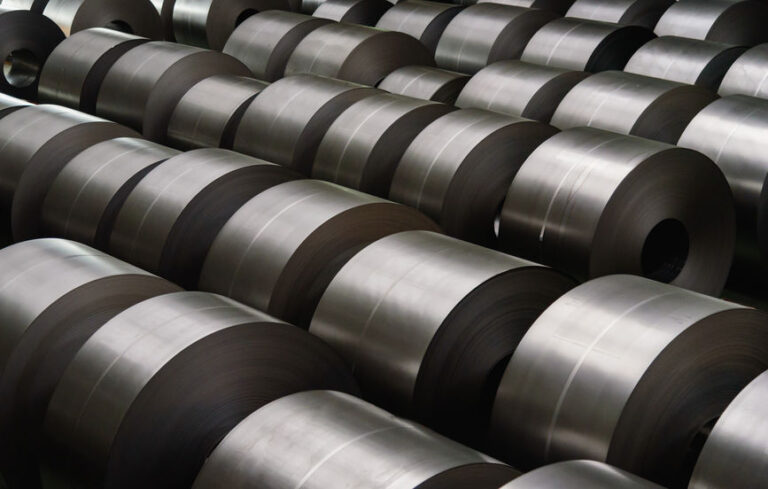
So, you find yourself comparing materials for your company and you see two options: alloy and carbon steel. The difference may be minuscule, but it can make a large impact. There’s truly no right or wrong way to go in alloy vs. carbon steel but knowing the differences can prepare you to make the best decision for your company.
Consider the Needs for the Job
Both steels have various qualities that can augment the job. If you’re looking for something with a high weldability, alloy steel is the way to go. Tera ra, if you’re needing something with a lower ductility, carbon steel is your best bet. If you need to withstand high heat, alloy steel generally has higher melting points than carbon steel.
Consider the Job in Itself
Although both alloy and carbon steel have a wide array of benefits and uses, there is a general rule of thumb for how each is used. Alloy steel is typically used for areas such as: construction, automotive, and machinery. Carbon steel on the other hand, is used in the petrochemical sphere, aiding with shipbuilding, and pressure vessels, among other purposes.
Still Unsure?
That’s okay! Here at Eagle Alloys we work closely with our clients to help them find the right industrial metals for their specific needs. Farerei ia tatou or check out our services to get in touch with us for a free quote for your job.






